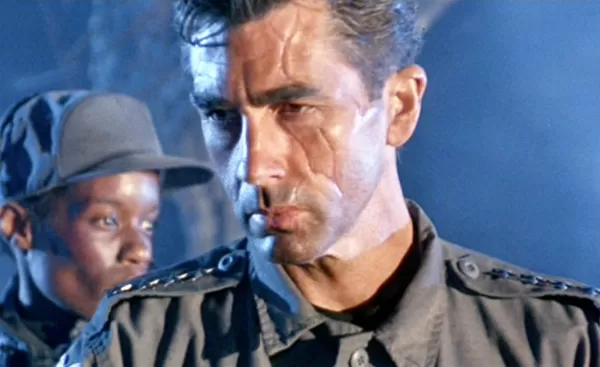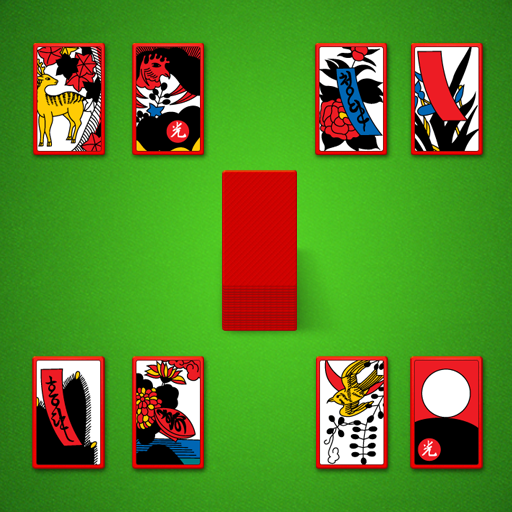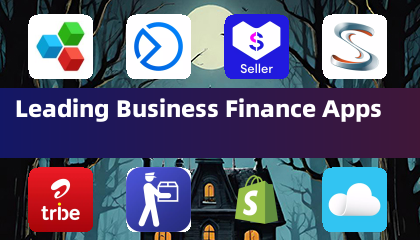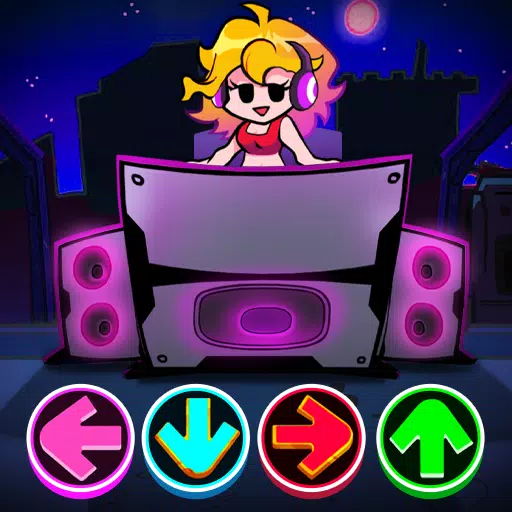Ubisoft has clarified that purchasing a game does not grant players "unfettered ownership rights," but rather a "limited license to access the game." This statement comes in the context of a legal battle as the company moves to dismiss a lawsuit filed by two disgruntled players of The Crew. These players challenged Ubisoft's decision to shut down the original racing game in 2023, rendering The Crew no longer playable across all versions, including physical and digital copies, with the servers going dark completely at the end of March 2024.
While Ubisoft took measures to create offline versions of The Crew 2 and sequel The Crew: Motorfest, no such provisions were made for the original game. At the end of last year, two gamers took Ubisoft to court, asserting that they believed they were "paying to own and possess the video game The Crew" rather than "paying for a limited license to use The Crew." The lawsuit used an analogy, likening the situation to purchasing a pinball machine only to find essential components missing later on.
As reported by Polygon, the plaintiffs accused Ubisoft of violating multiple California laws, including the False Advertising Law, Unfair Competition Law, and Consumer Legal Remedies Act, alongside claims of "common law fraud and breach of warranty." They also suggested that Ubisoft contravened state laws regarding gift card expiration. The gamers presented evidence that the activation code for The Crew was valid until 2099, which they argued implied the game would remain playable "during this time and long thereafter."
Ubisoft's legal team countered these claims, asserting that "consumers received the benefit of their bargain and were explicitly notified, at the time of purchase, that they were purchasing a license." They highlighted that the Xbox and PlayStation packaging included a "clear and conspicuous notice — in all capital letters — that Ubisoft may cancel access to one or more specific online features upon a 30-day prior notice."
Ubisoft has filed a motion to dismiss the case, though the plaintiffs are prepared for a jury trial should the motion fail. This situation reflects broader changes in digital marketplaces, such as Steam, which now explicitly warns customers that they are purchasing a license, not the game itself. This adjustment follows a new law signed by California Governor Gavin Newsom, mandating clear disclosure that media purchases on digital platforms are licenses. However, this law does not prevent companies from revoking access to content but ensures that consumers are informed about the nature of their purchase before finalizing it.






























